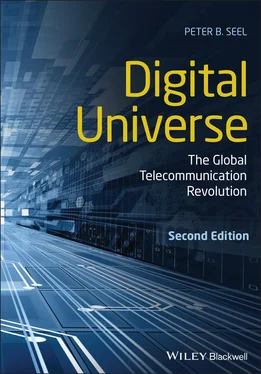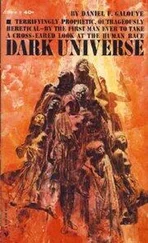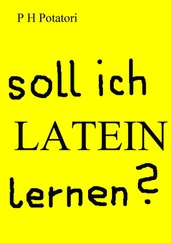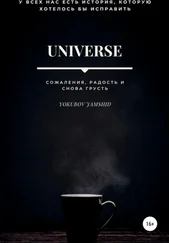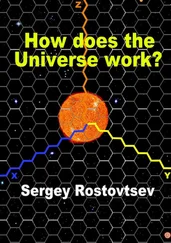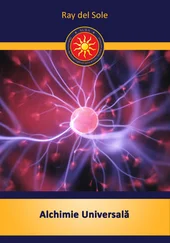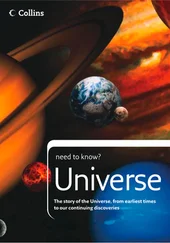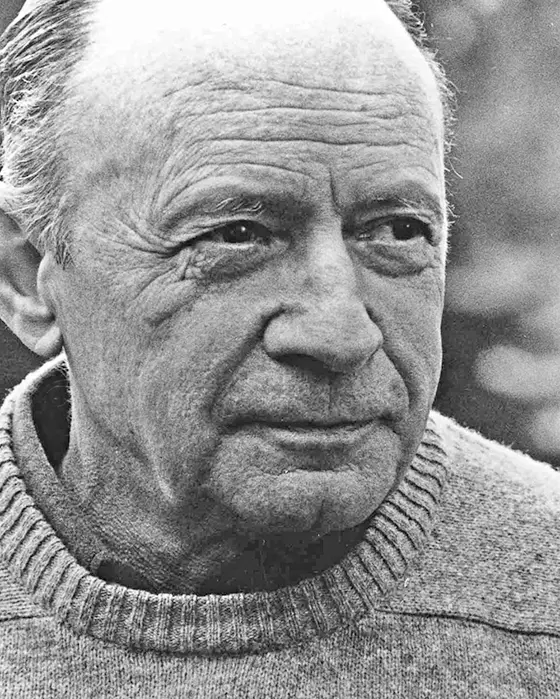
Figure 3.1 Jacques Ellul. Source: Photograph by Patrick Chastenet – copyright, Association Internationale Jacques Ellul, used with permission.
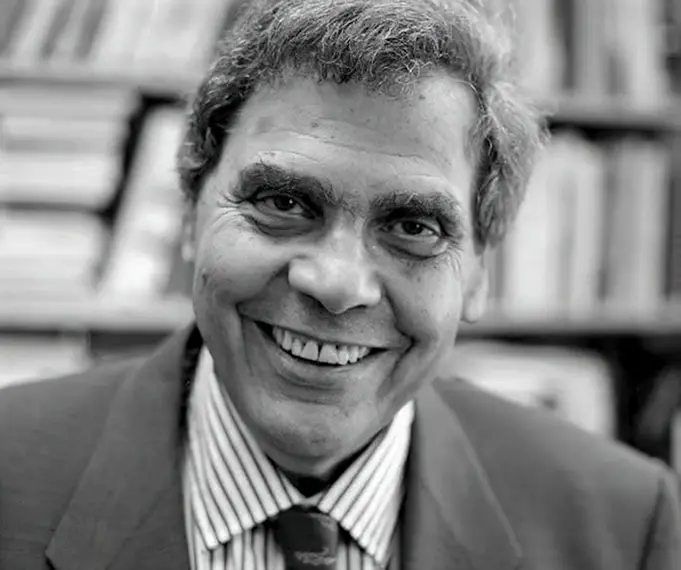
Figure 3.2 Neil Postman.

Figure 3.3 Safiya Umoja Noble. Source: Photo of Safiya Umoja Noble by Stella Kalinina, used with permission.
Jacques Ellul’s Critique of Technology
French theologian, sociologist, and philosopher Jacques Ellul (1912–1994) was a prolific writer and perceptive critic concerning the role that technology plays in modern life. He was the author of several books that dealt with the social effects of technology, including The Technological Society – one of his most-cited works. 12First published in France in 1954, the English translation was issued in 1964 at the behest of Aldous Huxley, author of Brave New World , who considered Ellul’s book a seminal work on the role of technology in society. The French edition of the book was titled La Technique : L’enjeu du siècle , ( Technique: The stake of the century ). In the text Ellul defined “La Technique” as “the totality of methods rationally arrived at, and having absolute efficiency (for a given stage of development) in every field of human activity.” 13
This all-encompassing definition moves beyond a simplistic view of technology as strictly tools and hardware to a much broader definition that includes every area of what Ellul terms “rational” human endeavor. From this perspective such diverse activities as cooking, playing basketball, sleeping (influenced by mattress technology and pharmaceutical sleep aids), sending a text message on a mobile phone, teaching a college course, gardening, and even sex (e.g. the use of contraception or romantic music playing from a smart speaker) would involve the use of “la technique,” as defined by Ellul. The rationality aspect was important to Ellul as it reflected his view that technique in any given field of activity evolves over time toward its most efficient use. The evolution of technique toward “absolute efficiency” is a key theme in Ellul’s writings on technology, a thread picked up by later critics of the role of technology in contemporary life such as Neil Postman. Ellul scholar Darrell Fasching observed of his worldview:
Modern technology has become a total phenomenon for civilization, the defining force of a new social order in which efficiency is no longer an option, but a necessity imposed on all human activity. 14
While acknowledging the benefits provided by contemporary technologies, Ellul stated that there is always a price to be paid by society in their adoption. Each innovation according to Ellul, creates “pernicious effects that are inseparable from favorable effects.” 15Ellul sees these forces as “contradictory elements [that] are always indissolubly connected.” He also stated that the adoption of technology by society (in the broad “la technique” sense that he defined), “raises more problems than it solves” and that “every technique implies unforeseeable effects.” To summarize these key points:
The favorable effects of technology are “inseparable” from the negative ones
These effects have “contradictory elements” that are “indissolubly connected”
The adoption of technology by society “raises more problems than it solves”
Technological adoption creates “unforeseeable effects” 16
Ellul also viewed the mass media as complicit in the evolution of the technological society:
It is the emergence of mass media which makes possible the use of propaganda techniques on a societal scale. The orchestration of press, radio and television to create a continuous, lasting and total environment renders the influence of propaganda virtually unnoticed, precisely because it creates a constant environment. Mass media provides the link between the individual and the demands of the technological society. 17
Ellul wrote extensively about the role of propaganda in perpetuating the modern technological state and viewed mass media as playing a central role in its dissemination. He also alludes in this quote to the ubiquity of communication technology in creating a “constant environment” where we are bombarded daily with media messages. Ellul made these observations about mass media before his death in 1994 and we can only imagine his critical assessment of contemporary 24-7 media access and what he would have thought about the role of Twitter in making every user into a “broadcaster.”
Is Ellul’s view of technology too negative – specifically, his assessment that technology “raises more problems than it solves?” On first exposure to Ellul’s writings, I thought it was too extreme a stance, especially when considering the specific benefits provided to society by the electrification of home and industry, advances in medical technology, and the creation of new tools for communication at a distance, among others. How can one argue that society has not overwhelmingly benefited from the development and widespread adoption of these technologies?
The availability of electricity in the home and workplace has transformed modern life. Visualize the drudgery required in a home in the days before electrification – my grandmother had to hand-wash the clothing for a family of ten until electric power lines were extended to their Ohio farm in the 1930s. Imagine a modern factory without electric motors or an office or apartment tower without elevators or air conditioning. However, recent evidence indicates that world societies may have to pay a very high environmental price in the form of global warming for unprecedented levels of energy usage and the pollution created in generating that energy. Global warming may also be directly related to our level of electronic technology usage, particularly if these technologies are powered by generation facilities that burn coal or other fossil fuels, with blockchain technology emerging as a major power consumer. If we cease any further increases in global levels of carbon dioxide tomorrow, the levels of CO 2in the atmosphere will be at record levels for another 100 years. 18We may be in the unique position of enjoying our billions of appliances powered by electricity as thousands of coastal cities slowly slide below high tides, unless we switch to renewable energy sources, hopefully sooner rather than later.
Ellul also provides unique insights as part of his philosophical analysis of the relationship between technology and theology. His perspective is that contemporary society “worships” technology – that technology has been deified, or made godlike, as science collided with religious scriptures. The debate over evolution that began with the publication of Darwin’s The Origin of Species in 1859, and continues with conflicts over teaching an alternative concept of “intelligent design” in schools, is but one example of this collision. Many technology users today lament the “complexification” of once-simple tasks as operating television remote controls, as there are often more than one. Swearing at a complicated “intelligent” appliance is not emblematic of a worshipful act.
Читать дальше
